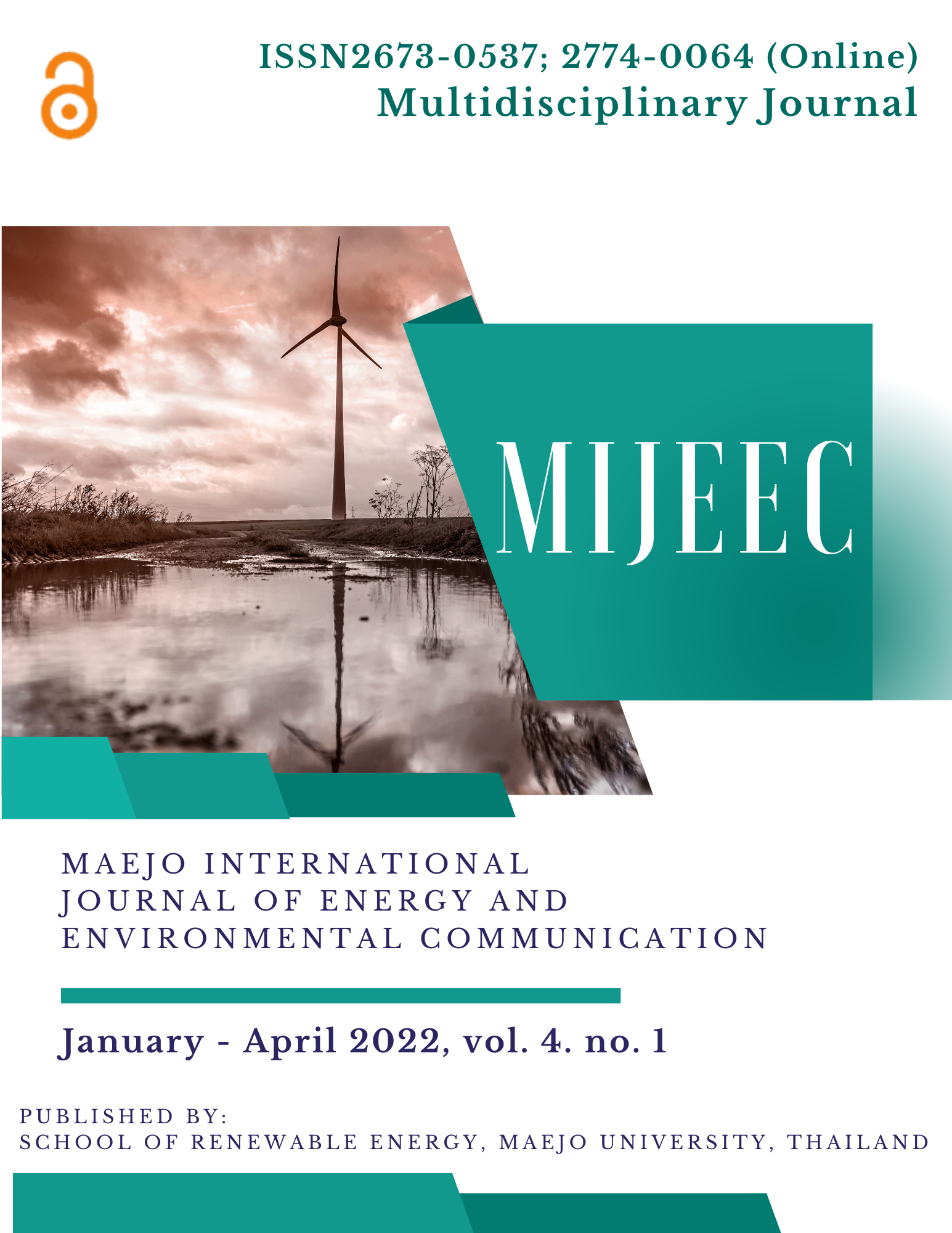Anaerobic digestion of food waste from fruits and vegetables to improve stability and effectiveness
Main Article Content
Abstract
Anaerobic digestion is a process that may be used to handle food scraps, and it is a method that is both effective and efficient. The biogas that is generated as a byproduct of this process has the potential to be utilized as a renewable source of bioenergy. Anaerobic digestion is a promising option to manage and treat food wastes and recover resources. To determine the efficiency of methane production, batch biochemical methane pot testing was performed. This paper reviews the system stability and efficiency of additives in anaerobic digestion. It is possible to produce biogas at different temperatures (27±2°C, 35±2°C, and 45±2°C). Biogas enhancement is dependent on temperature. The experiments were conducted for a 45-day digestion period. The 35±2°C fermenter produced the highest total biogas yield of 13093.55 ml and the highest methane content of 63.71%. The study was designed to determine the optimal temperature for increasing household levels in future applications.
Article Details

This work is licensed under a Creative Commons Attribution 4.0 International License.
Copyright © 2019 MIJEEC - Maejo International Journal of Energy and Environmental Communication, All rights reserved. This is an open-access article distributed under the terms of the Creative Commons Attribution-NonCommercial- Attribution 4.0 International (CC BY 4.0) License






